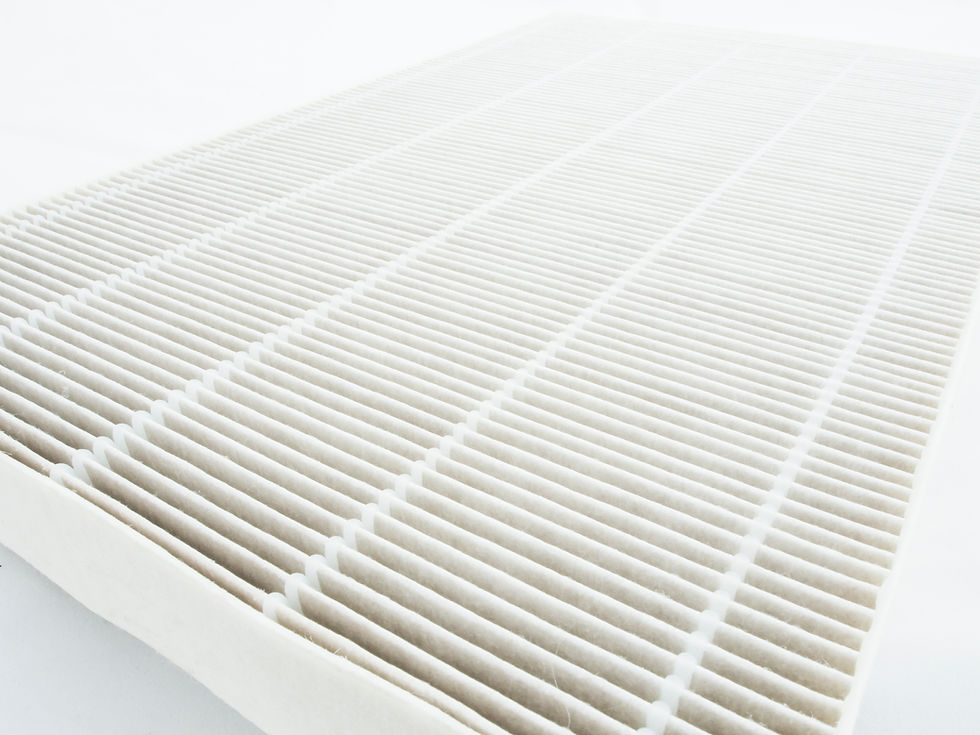
Image Source: FreeImages
Keeping your heating, ventilation and air conditioning (HVAC) system in top shape is essential to ensuring it doesn’t break down when you least expect it. The unfortunate reality is that HVAC systems break down frequently, which can lead to major disruptions in your home or business. An unexpected outage can be disruptive, expensive and even hazardous. Fortunately, there are things you can do to increase the lifespan of your HVAC system and decrease the chances of a catastrophic failure. Here are five ways you can increase the lifespan of your HVAC system and keep it functioning efficiently for many years to come. 1) Install a corrosion inhibitor As an HVAC system ages, it’s important to take steps to prevent damage from corrosion. Corrosion of an HVAC system’s components can lead to leaks, reduced efficiency and shortened lifespans. To prevent corrosion, many HVAC technicians recommend installing a special corrosion inhibitor. Corrosion inhibitors are applied to the interior of your HVAC system’s ducts and components to prevent corrosion. They’re just one of the many things you can do to increase the lifespan of your HVAC system and decrease the chances of a catastrophic failure. When you’re choosing a corrosion inhibitor, it’s important to select one that’s designed for use in HVAC systems. They’re available at HVAC supply stores and online. 2) Rotate your HVAC filters on a regular basis Another simple thing you can do to increase the lifespan of your HVAC system is to rotate your HVAC filters on a regular basis. Filters are an important part of your HVAC system and help to keep your home or business clean and free of allergens. They also play an important role in extending the life of your HVAC system by capturing dirt and other debris that could damage components. Over time, filters accumulate dirt and debris, and they need to be replaced. It’s important to rotate your filters on a regular basis to ensure that they don’t become blocked and the flow of air through your HVAC system isn’t impeded. It’s recommended that you rotate your filters once every 3 months for efficient performance. 3) Turn off your HVAC system at the end of the day When you’re done using your HVAC system for the day, it’s important to turn it off. Turning your HVAC system off when it’s not in use can help to extend its lifespan. HVAC systems run 24/7, 365 days a year, and they consume energy even when they’re not being used. This can significantly increase your monthly energy bill. Turning your HVAC system off when it’s not needed can help to reduce your energy costs. In addition to helping to reduce your energy bill, turning your HVAC system off when it’s not in use can also help to extend its lifespan by reducing wear and tear on components. 4) Have your HVAC system inspected annually An HVAC system can experience problems at any time, even if it’s relatively new. It’s important to have your HVAC system inspected annually by a professional technician. An inspection can help to identify potential issues before they become critical. A technician can help you identify and remedy any potential problems before they become major issues that require expensive repairs. In addition to helping to prevent costly repairs, having your HVAC system inspected annually can also help to extend its lifespan by catching issues before they become serious. 5) Seal any air leaks in your home or business Air leaks around the exterior of your home or business can increase your energy bills and shorten the lifespan of your HVAC system. It’s important to seal all air leaks near your home to help reduce your energy costs. In addition to helping to reduce your energy bills, sealing air leaks near your home can also help to extend the lifespan of your HVAC system by reducing wear and tear on its components. There are many things you can do to extend the lifespan of your HVAC system and keep it functioning efficiently for many years to come. When it comes to keeping your HVAC system in top shape, prevention is key. There are many things you can do to extend the lifespan of your HVAC system and keep it functioning smoothly for many years to come. When you’re servicing your HVAC system, it’s important to be thorough. It’s important to inspect every part of your HVAC system to look for potential issues.

Opmerkingen